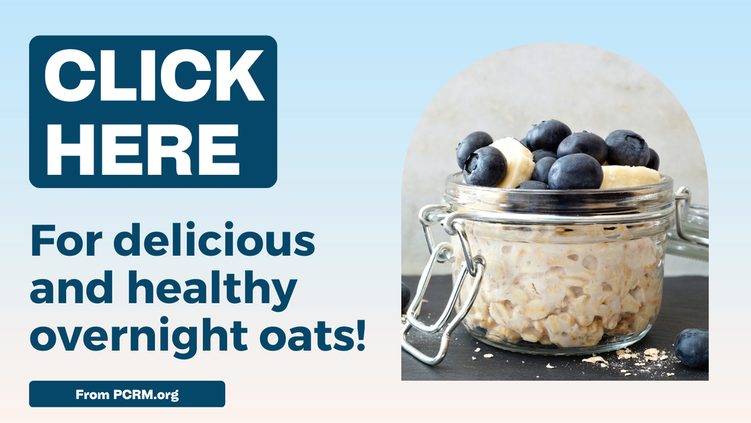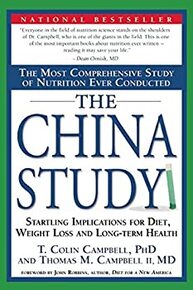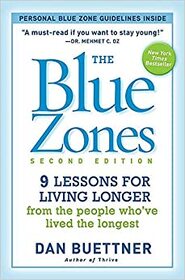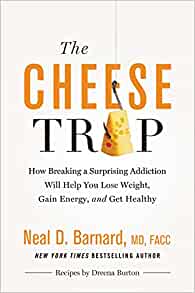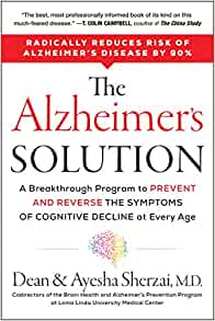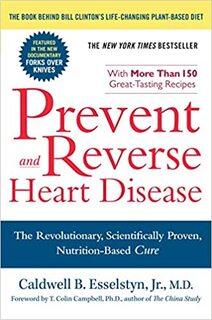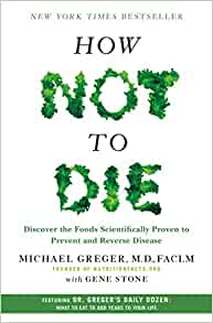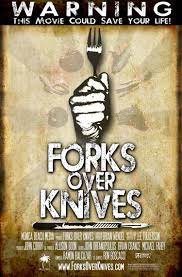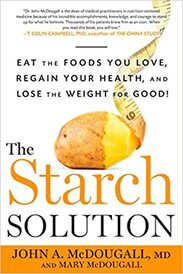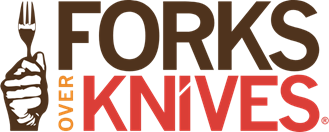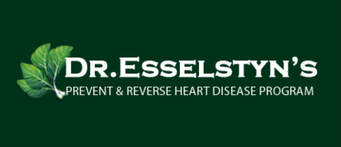Equip yourself for success.
Knowledge is power, and the more you know, the better prepared you will be to take control of your lifestyle and ultimately transform your health! Below you will find answers to some of the most common questions related to plant-based living as well as links, books, and additional information that hopefully you will find valuable in your plant-based journey.
What is a whole foods, plant-based diet?
To put it simply, a whole foods, plant-based diet is centered on whole, unrefined plant foods - food that our parents and grandparents grew in their gardens. Think about peas, beans, corn, lentils, potatoes, all of your greens, veggies, fruits, nuts and seeds - the possibilities are endless! Plant-based eating excludes animal products and highly refined foods such as bleached flour, refined sugar, and oil. Also, it’s not a list of chemicals that was created in a lab.
It’s just real food!
Importantly, we steer clear of all of the foods that cause inflammation, heart disease, and cancer, and high blood pressure, and instead focus on the foods that actually help REVERSE all of these diseases!
It’s just real food!
Importantly, we steer clear of all of the foods that cause inflammation, heart disease, and cancer, and high blood pressure, and instead focus on the foods that actually help REVERSE all of these diseases!
Where do you get your protein?
Keep in mind - protein is a micronutrient that is found many foods, not exclusively in meat and animal products. Protein deficiency, while it can sometimes exist in humans, is not a major issue in modern medicine. There are no wings of hospitals dedicated to treating protein deficiency. There are, tragically, many units dedicated to treating heart disease, diabetes, cancer, and other diseases caused by and exacerbated by consuming animal products. Rest assured - if you are eating enough food, you are getting enough protein. As far as finding sufficient protein in our food - lentils, for example, have as much protein, gram for gram, as ground beef - but with the added benefit of fiber, and antioxidants, and none of the dangerous saturated fat! If you are looking for lean protein, beans are as lean as you get!
What about calcium?
Surprise! Calcium is found in plants, delicious ones such as collards, kale, beans, and figs. Remember, calcium is a mineral. The only way cow's milk contains calcium is if the cows are eating grass, but these days dairy cows are predominantly raised in feed lots, not out in the pasture. So if calcium does end up in the milk you buy, it has been added after the fact. Personally, I think it is much simpler to just cut out the middleman (or middle cow), and instead of consuming milk with added calcium (along with loads of saturated fat, antibiotics, and hormones) just go directly to foods that are high in calcium, such as collards, kale, and turnip greens, and even sesame seeds! Make calcium fun, not fattening.
Is it expensive?
NO! Actually, our grocery bill has gone down. The food is less expensive to start with – beans and potatoes and broccoli is A LOT less expensive than steak and butter and cheese! Also, eating healthier means fewer doctor’s visits and less medication. Rice and beans are not expensive, and actually improve your health, instead of damaging it.
|
If you are looking for a quick and easy breakfast, these overnight oats are delicious! This is the recipe we discussed at the July 12 meeting of the El Dorado Veggie Club, and if you are looking for smaller-size recipes to prepare, these oats are a perfect example of a recipe that makes just a couple of servings.
|
